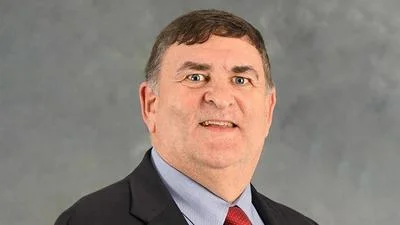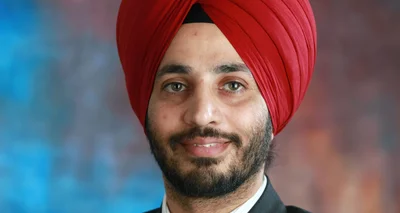Source: The Southern Illinoisan
Source: The Southern Illinoisan
The Southern Illinoisan recently issued the following announcement.
Industrial hemp, home-canned tomatoes, SNAP incentives and soil and water conservation are priorities that local food advocates want Illinois state legislators to address this year.
On Local Food Lobby Day in April, the Illinois Stewardship Alliance organized people to bring these issues to lawmakers.
Sometimes the group’s issues connect them with corn and soybean farmers in the state. For example, this year they are lobbying for Illinois’ industrial hemp laws to be expanded. Rebecca Osland, Illinois Stewardship Alliance’s contract lobbyist, said if this crop could be grown in Illinois, it would give commercial corn and soybean growers an alternative, profitable crop to include in their rotations.
Osland said there is potential for Illinois to grow hemp that it now imports from China, Europe, Canada and other states such as Kentucky. Illinois’ hemp bill, which passed in 2014, currently allows only certain universities to apply for permits to grow hemp for research.
The Industrial Hemp Farming Bill (SB2298) would allow Illinois farmers to apply for permits to grow hemp as authorized in the 2014 farm bill.
“Hemp production would increase economic opportunities by providing an additional crop option, providing soil health benefits for rotations and giving Illinois producers an opportunity to compete in the hemp industry,” Osland said.
Industrial hemp can outcompete “super weeds” that are herbicide resistant, she said. It can also be a transition crop on the way to organic certification.
Part of the opposition is connected with those against legalizing marijuana. Therapeutic hemp is thought to have medicinal benefits but is not a drug by definition, Osland said. There is also some pushback from the medial cannabis industry that wants exclusive rights for therapeutic products.
“I don’t think that’s as much of a problem now,” she said.
Other advocates at the gathering said Illinois would be a good place to launch the hemp industry again because of the state’s history as a leader of hemp production during World War II and its history in processing the crop.
“We had a number of successes in 2017,” Osland said of past local-food issue lobbying efforts.
These include the passing of the Illinois Food Freedom Act, which expands opportunities for value-added products first addressed in the Cottage Food Act.
But there is still room for more expansion, she said. Growers would like to see home-canned tomatoes added to the options of home-based businesses, which is addressed in SB457 presented by Sen. David Koehler.
The group also supports incentives for the Supplemental Nutrition Assistance Program (SNAP) to be accepted at farmers markets, Osland said. Many markets already run programs with other funding support, including the Old Capitol Farmers Market in Springfield, which provided $8,000 for SNAP users.
In 2016, the Illinois Stewardship Alliance worked with Illinois Alliance to Prevent Obesity to pass a bill that created a state fund to match SNAP purchases at farmers markets and included incentives to help low-income people buy more while putting those dollars in the pockets of local family farmers.
But Gov. Bruce Rauner adjusted the program, reducing funding from $1 million to $500,000 and putting a sunset clause on it for 2019. The state hasn’t spent any of the $500,000 funding.
Meredith Coulter, of Chicago Patchwork Farms, supports the SNAP incentives being available at farmers markets. It suits the farm’s goals, she said. Patchwork grows crops on abandoned city land and greenspace.
Also among the local food advocates’ top legislative priorities is a call for the Illinois County Soil and Water Conservation Districts to be fully funded. The SWCD advisors help farmers implement measures that are promoted in the Illinois Nutrition Loss Reduction Strategy, which is a voluntary effort to help improve water in the state and flowing into the Mississippi River and ultimately the Gulf of Mexico, Osland said.
Original source can be found here.





 Alerts Sign-up
Alerts Sign-up